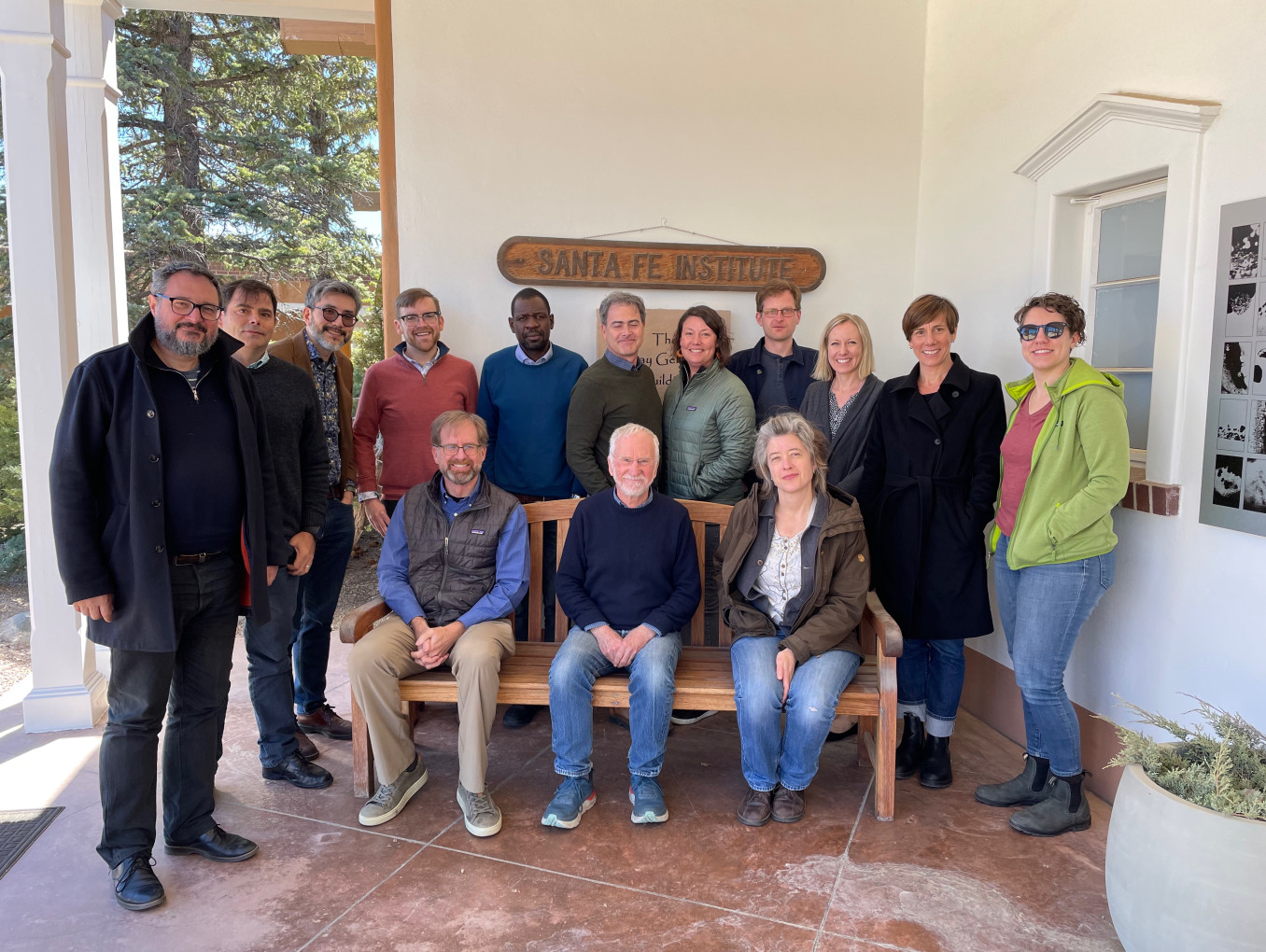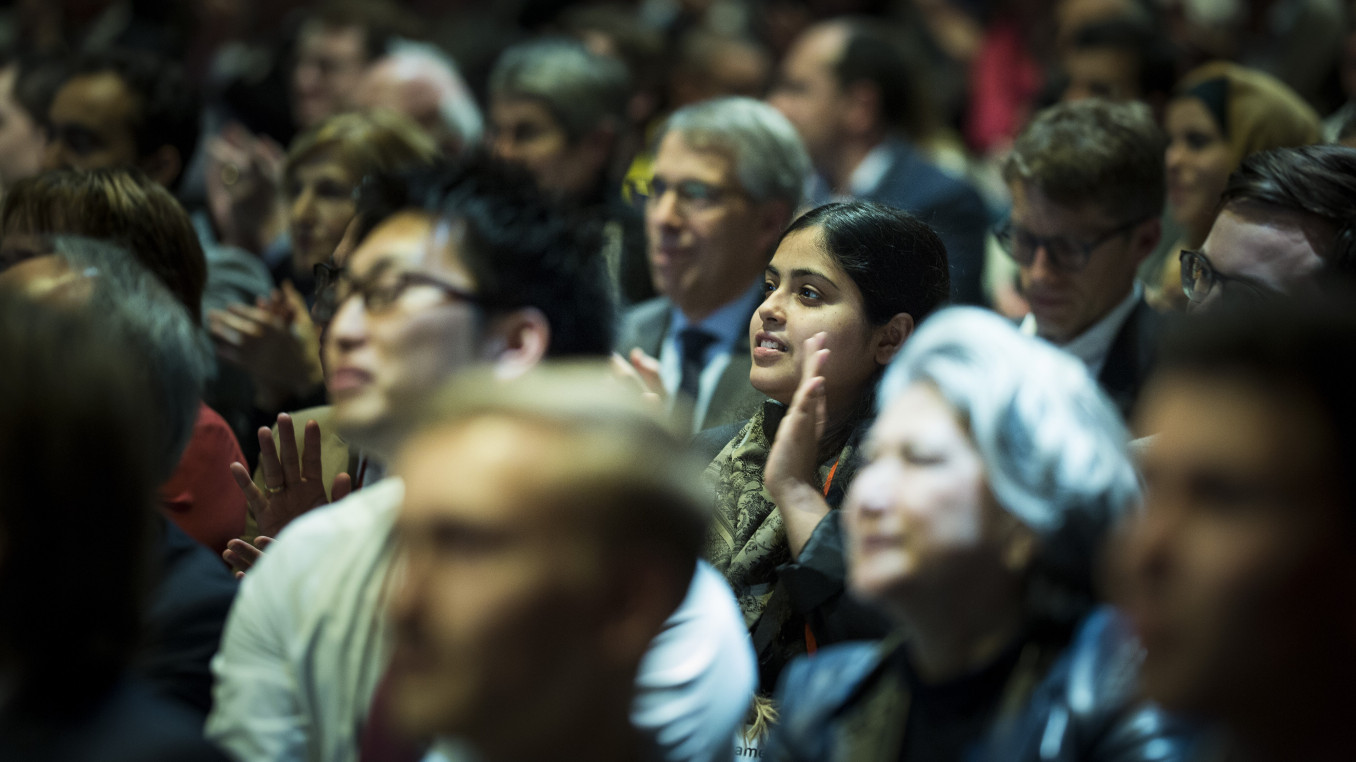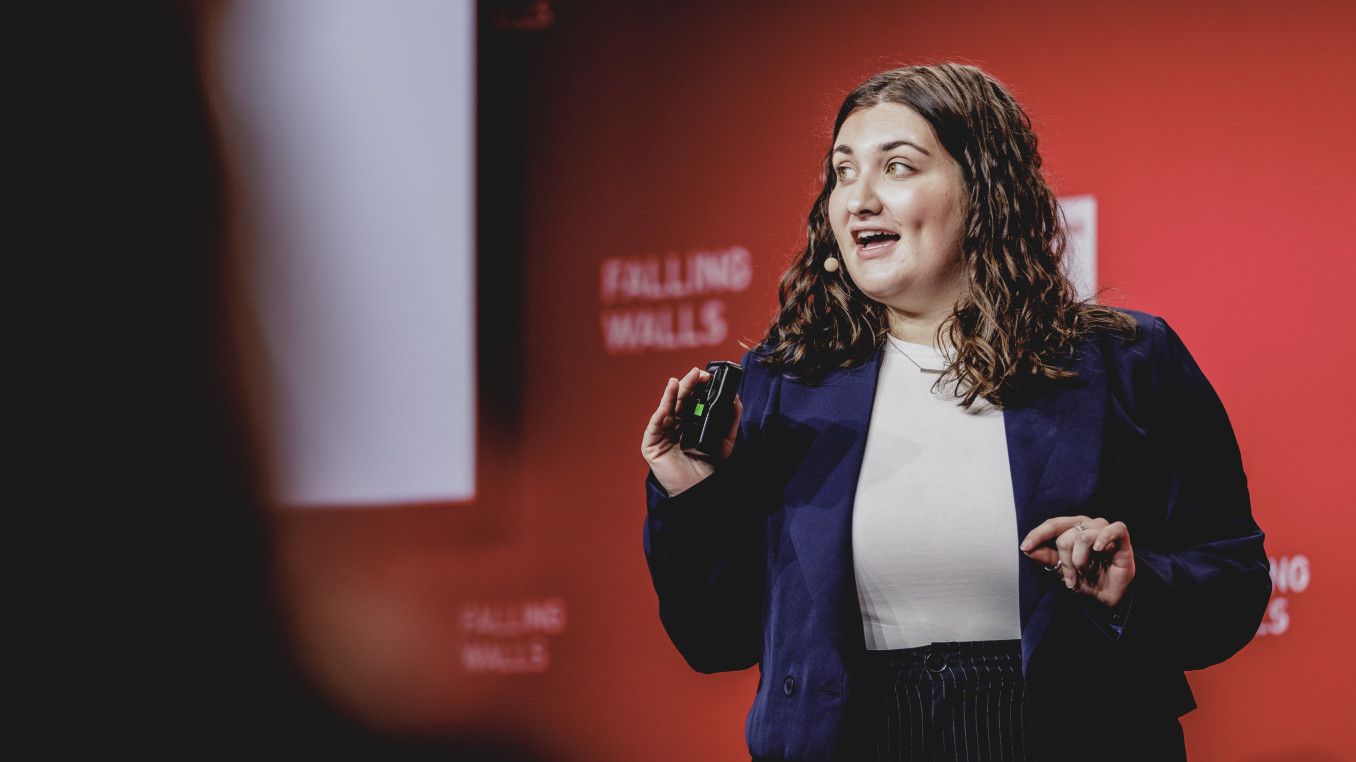Breaking the Walls of Prehistory
Breaking the Walls of Prehistory
Global Call 2025 Finalist Interview: Social Sciences & Humanities
Tim Kohler is a Regents Professor (emeritus) and archaeologist in the Department of Anthropology, Washington State University, and serves on the external faculty of the Santa Fe Institute. His research focuses on how climatic variability and differing levels of inequality affect the character and longevity of societies. He co-directs the GINI project on the global dynamics of inequality. Honors include the Alfred Vincent Kidder Award for Eminence in American Archaeology and election to the US National Academy of Sciences.
Which wall does your research or project break?
Research into how societies produce growth and ensure well-being and how economic inequality affects other social domains comes up against a hard wall where texts disappear and only the archaeological record remains. In cooperation with a large global team of archaeologists, the GINI project has been developing measures of inequality and growth that reach well into prehistory, back to the end of the last Ice Age in some areas. We are generating data that can be analysed where previously we have only had anecdotes.
What is the main goal of your research or project?
Archaeology is rightfully viewed as a source of information on the earliest manifestation of “this” or the largest “that”, but it can be so much more: it can be a partner in the development of a science of global human history.
In our project, we seek to outline worldwide patterns and regional variability in the relationship between wealth inequality and economic growth, and how these patterns interact with styles of governance, group size, degree and types of violence, and the climates and resource settings for the societies we examine. This research is often uncovering surprising insights to such classic questions as the role of plant and animal domestication, the development of central-place settlement hierarchies and technological innovations such as iron smelting in generating growth and wealth inequality.
What advice would you give to young scientists or students interested in pursuing a career in research, or to your younger self starting in science?
It's important to understand that different domains of knowledge are characterised not only by different team sizes but also by differing career arcs. It's often said for example that physicists peak early. I'm not sure if that's true, but I do believe that some areas like archaeology reward endurance: in my field it can take a long time to accumulate the domain knowledge and the research networks to enable significant contributions. Be patient and keep up the good work! And always look beyond the boundaries of current practice in your discipline and consider how those existing frontiers can be overcome.
What inspired you to be in the profession you are today?
I have always wanted to learn about the things that no one else knew about!
What impact does your research or project have on society?
As an archaeologist, I believe that impacts can only be accurately understood over the long term, and at this stage, our research is still too recent to provide a clear picture. I hope it engenders a greater appreciation for the time depth of many social phenomena that we tend to think of as having only recently appeared.
What is one surprising fact about your research or project that people might not know?
That this project is just getting going. Much more remains to be done than what has so far been accomplished.
What’s the most exciting moment you've experienced over the course of your research or project?
At our GINI workshops we would each come with data accumulated from our various research areas. Seeing how these disparate contributions coalesced into discernible patterns was very exciting.


